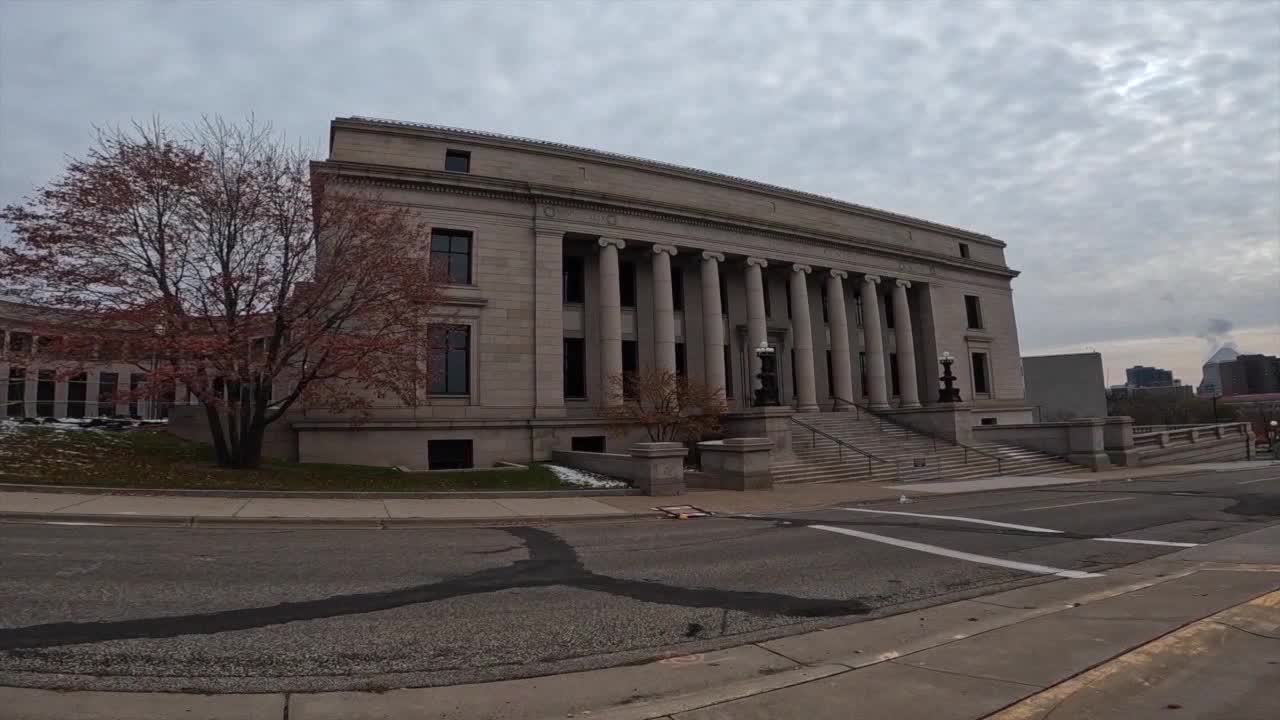Candidates for Minnesota Supreme Court can’t have suspended law license, justices rule

FILE - The Minnesota Judicial Center is pictured in St. Paul. (KSTP/file)
A perennial candidate for Minnesota’s highest court lost a petition to get on this year’s ballot because she is not considered “learned in the law,” a panel of substitute Supreme Court justices ruled.
Michelle MacDonald — who lost four consecutive races for Supreme Court seats from 2014 through 2020 — disputed Secretary of State Steve Simon’s refusal to place her on the 2024 ballot because she is not currently authorized to practice law in Minnesota. MacDonald had filed as a candidate for the seat held by incumbent Associate Justice Anne McKeig.
Simon asserted MacDonald is ineligible for office because she provided an expired copy of her attorney license when filing as a candidate and her law license has been suspended indefinitely since 2021 for “repeated attorney misconduct.”
The Minnesota Constitution requires Supreme Court justices to be “learned in the law” — a standard that courts have interpreted to mean a person is licensed to practice law in Minnesota. MacDonald’s petition challenged that standard, claiming that she has the “right to candidacy” as someone who is 21 years old, is eligible to vote and fulfills a residential requirement.
Because this case revolved around eligibility for the Supreme Court, the current sworn justices recused themselves, and five “acting” justices took their place. To avoid interfering with the timeline for finalizing the ballot, they issued an order on Aug. 28 denying MacDonald’s petition and followed up with an opinion this week.
Acting Chief Justice Francis J. Connolly, who authored the opinion, pointed to a precedent set in 1972 that concluded a disbarred attorney “is in no better position to file for the office, or to hold it if he is elected, than any other layman.” That rule has been applied equally to suspended attorneys when considering who is “learned in the law.”
“Because MacDonald is currently suspended from practicing law in Minnesota, she is constitutionally ineligible to serve as a supreme court justice,” the ruling states.